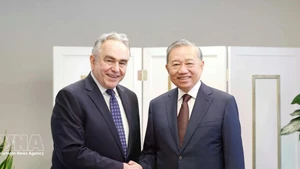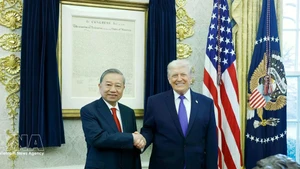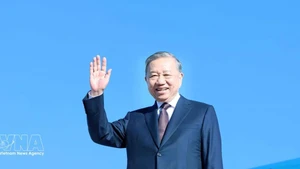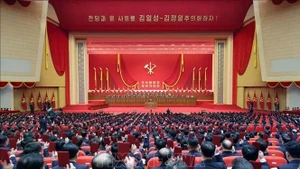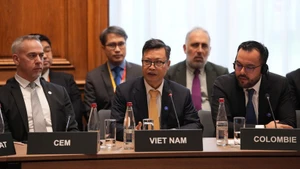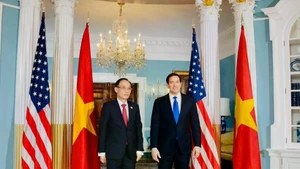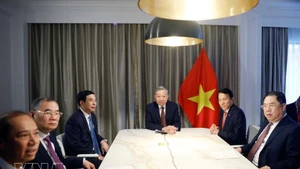The article was released ahead of Vietnamese Prime Minister Pham Minh Chinh’s attendance at the 54th Annual Meeting of the World Economic Forum (WEF) in Davos, Switzerland.
The author said that in the early 2000s, he visited Vietnam many times to prepare for a book on the Geneva Accords on ending the war and restoring peace in Indochina in 1954 and was fascinated by the remarkable changes in the country since then.
According to the article, 2023 was a busy year for Vietnam with its "bamboo diplomacy" policy and efforts to become a new hub of the semiconductor industry. Taking full advantage of opportunities brought by the international situation, Vietnam increased its foreign activities and strengthened relations with its partners.
Last year, the country had a range of high-level foreign activities with other countries, including state visits to Vietnam by US President Joe Biden and Chinese President Xi Jinping.
For the first time, the Holy See has a resident papal representative in Vietnam, adding that this marked a historic moment in diplomatic relations between Vietnam and the Holy See.
The author wrote that Vietnam expects GDP growth of 6-6.5% in 2024 thanks to robust imports and exports, as well as stronger manufacturing activity.
The Southeast Asia country has an ambition to become a new centre of the semiconductor industry with a series of investment projects worth billions of dollars. It targets to master 100% of the production stages of “Make in Vietnam” chips and intends to train 50,000 specialised engineers by 2030.
Vietnam is attracting more big semiconductor companies from the US, the Republic of Korea and Taiwan (China). It accounts for more than 10% of the total number of semiconductor chips imported into the US, ranking third in chip exports to the US, after Malaysia and Taiwan (China).
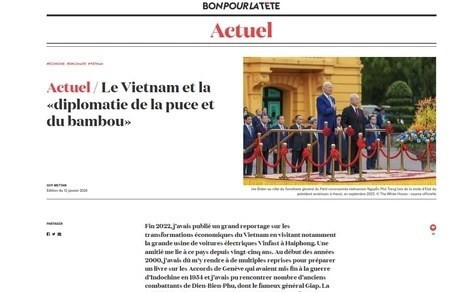
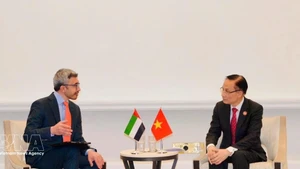
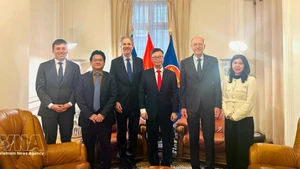
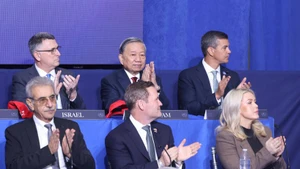
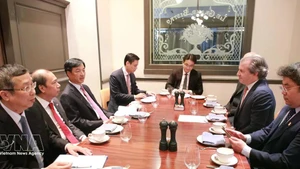
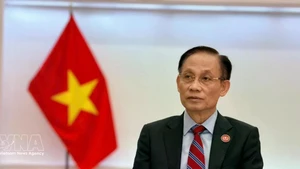
![[In pictures] Party General Secretary To Lam meets US President Donald Trump](https://en-cdn.nhandan.vn/images/dcd63867a0eed4c7753eb4bfb346593abc1ce710dfab8ad1b9aebd75ea6bf930b2ea13e4664779d689ba40aadd80f76d5d05d1208720fd7b0d811ace3a3297321c78cf738400e136e3f2d8790b24d43646e46edbe19517144a88f6ffb0d528f153574a7109328cc0949e4a4c16433c2ff751541639eefe4490518227264cbf8e/vna-potal-tong-bi-thu-to-lam-gap-tong-thong-hoa-ky-donald-trump-8599945.jpg.webp)
